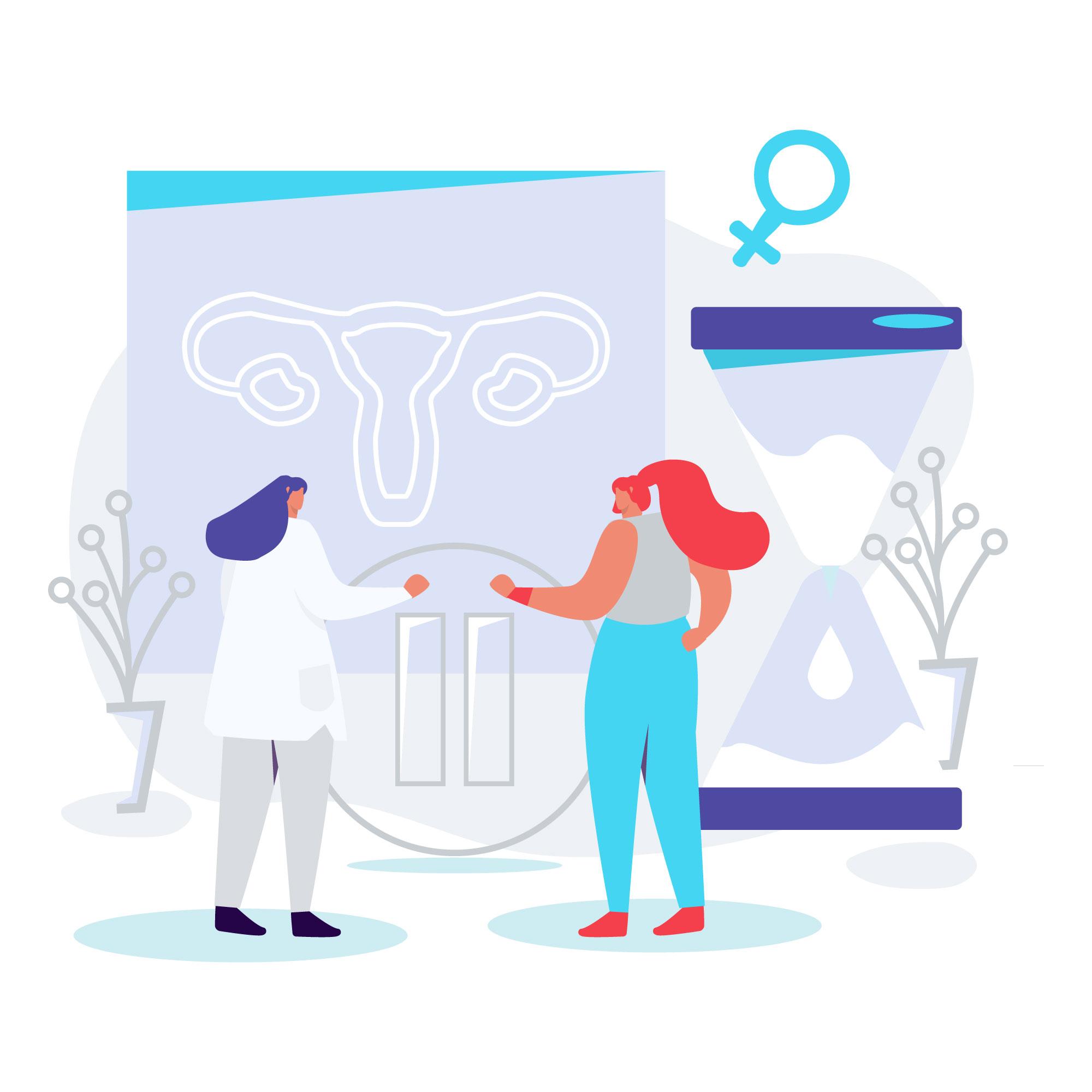
The Role of Hormones in Osteoporosis and Women’s Health: Understanding Imbalances
Introduction:
Women’s bodies are marvels of complexity, and a significant aspect of this complexity lies in the delicate dance of hormones that regulate various bodily functions. One crucial area where hormones play a vital role is in bone health. In this blog, we’ll delve into how hormonal changes impact bone health, particularly in the context of osteoporosis, and why understanding these imbalances is essential for women’s overall well-being.
Hormones and Bone Health:
Hormones are chemical messengers produced by glands in our bodies. They travel through the bloodstream, influencing various processes, including growth, metabolism, and reproduction. When it comes to bone health, hormones like estrogen, progesterone, and testosterone play pivotal roles.
Estrogen:
Estrogen is a hormone most commonly associated with female reproductive health, but it also plays a crucial role in maintaining bone density. It helps regulate the activity of osteoblasts, cells responsible for building bone tissue. Additionally, estrogen inhibits the activity of osteoclasts, cells that break down bone. As women age and estrogen levels decline, bone density can decrease, leading to conditions like osteoporosis.
Progesterone:
Progesterone, another female hormone, works in tandem with estrogen to support bone health. It helps to regulate bone turnover and maintain bone density. Imbalances in progesterone levels can contribute to bone loss, particularly during menopause when levels of both estrogen and progesterone decline.
Testosterone:
While often thought of as a male hormone, testosterone is also present in women, albeit in smaller amounts. It plays a role in maintaining muscle mass and strength, which indirectly supports bone health. Low testosterone levels can contribute to bone loss and increase the risk of osteoporosis in both men and women.
Hormonal Changes and Osteoporosis:
Osteoporosis is a condition characterized by weakened and brittle bones, increasing the risk of fractures. It’s often referred to as a “silent disease” because it progresses without symptoms until a fracture occurs. Women are at a higher risk of osteoporosis than men, primarily due to hormonal changes that occur during menopause.
During menopause, estrogen levels drop significantly, leading to accelerated bone loss. This hormonal imbalance weakens bones, making them more susceptible to fractures. Additionally, other factors such as genetics, lifestyle, and diet can influence the development of osteoporosis.
Understanding and Managing Hormonal Imbalances:
While hormonal changes are a natural part of life, there are steps women can take to support their bone health and manage imbalances:
- Healthy Diet: Consuming calcium-rich foods like dairy products, leafy greens, and fortified foods can help maintain bone density. Vitamin D is also essential for calcium absorption, so be sure to get plenty of sunlight or consider supplements.
- Regular Exercise: Weight-bearing exercises like walking, jogging, and strength training help strengthen bones and reduce the risk of osteoporosis. Aim for at least 30 minutes of exercise most days of the week.
- Lifestyle Choices: Avoiding smoking and excessive alcohol consumption can help preserve bone health. Both smoking and heavy drinking can weaken bones and increase the risk of fractures.
- Hormone Replacement Therapy (HRT): For some women, hormone replacement therapy may be recommended to alleviate symptoms of menopause and reduce the risk of osteoporosis. However, HRT carries risks and should be discussed with a healthcare provider.
Conclusion:
Hormonal changes play a significant role in women’s bone health, influencing the risk of conditions like osteoporosis. By understanding these hormonal imbalances and taking proactive steps to support bone health, women can maintain strong and healthy bones well into their golden years.
In the intricate tapestry of women’s health, hormones are just one thread, but they weave a story that underscores the importance of holistic well-being.
Remember, knowledge is power, especially when it comes to understanding our bodies and advocating for our health.
So let’s empower ourselves with knowledge, take charge of our health, and stride confidently into the future, one step at a time.
To seek medical advice, always consult a Doctor. Here are our recommended experts. Click Here
To read more on Osteoporosis. Click Here


